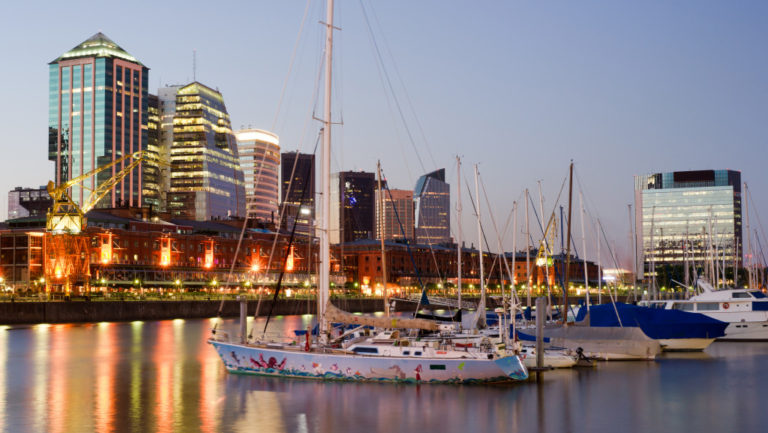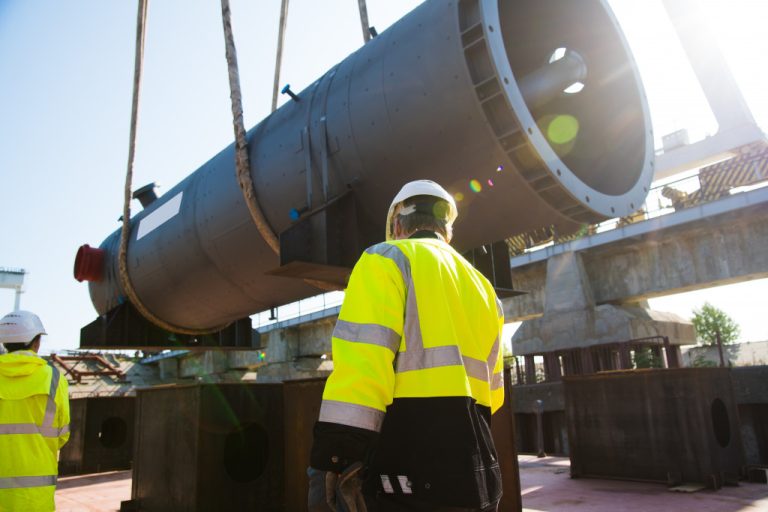The maritime environment is evolving with the increasing tides of technology. The trends that emerge are necessarily so. Advances in shipbuilding, propulsion, intelligent shipping, innovative materials, big data and analysis, automation, electronics, and telecommunications combined with the increasingly qualified workforce are significant changes in how marine business faces new opportunities and problems.
These innovations are driven by a compromise between ecological and business needs. Environmental policy as a catalyst has been quick to pursue breakthroughs that drive sustainability and so pushed for more R&D and adoption of technology to reduce GHG emissions, with evident advantages. Hybrid propulsion, for example, has the potential to cut ship operating expenses by 20 to 30 percent while reducing GHG emissions.
Automated Systems
Automated transportation systems are becoming quite popular because of their capacity to deliver commodities without intervention. These technologies work at their maximum efficiency for a considerably longer time in the transportation business.
In the design and analysis of these emerging technologies, leading technological corporations invested. Surface, underwater, and air-based machines monitor activities, tap desirable oil and natural gas sites, and other such activities. These standalone devices are equipped with state-of-the-art heat tracing and material detecting technologies to remove human effort.
For example, a transport management system (TMS) is built to manage commodities’ transportation effectively. It assists the business in tracking its shipments properly and knowing if they are delivered to the correct location or not.
Incorporation of the Internet of Things
The IoT comprises a GPS and a cloud-based repository that keeps all of the data generated by devices on board the ship. The Internet of Things also brings sensors, robotics, and other objects together through a wireless connection. When IoT is used, the maritime industry will be committed to providing excellent customer care because the technology keeps track of all equipment and shipments.
It can offer clients information such as the package’s location, the estimated arrival time, and any delays in the shipment. As a result, the Internet of Things (IoT) is a highly anticipated technology answer to management challenges on board ships.

Advanced Sensor Technology
Sensor technology is one of the most technically sophisticated and well-developed fields of study currently available. With the advent of sensors, there is no longer a requirement for manually inspecting equipment on board ships. Linking all of the equipment to detectors via wireless communication allows the ship’s crew to maintain exact track of the machines’ working conditions, the upkeep that needs to be performed regularly, and their overall operability on board the vessel.
This has a significant impact on the repair of ordinary ships and boats and yacht maintenance. Suppose the sensors are integrated with artificial intelligence and machine learning. In that case, they will be able to access remote sites and evaluate the data, giving out alerts as soon as any of the ship’s components require maintenance. Sensor technology can ensure effective and efficient performance aboard vessels if it is properly calibrated.
Going Green
The expansion of international trade in the maritime industry has resulted in significant pollution and environmental harm. Waste effluents, ship fuel, ecological disasters, and other shipping-related challenges have necessitated adopting a more environmentally friendly strategy in the maritime industry, which has become increasingly important. Megaships, which can transport a significant amount of cargo and reduce traffic congestion, are being developed using more environmentally friendly materials, such as fiber-reinforced plastic. The reduction in ship traffic will also result in a reduction in the carbon emissions of the ships.
To reduce the carbon impact of the world’s maritime fleets, there is an ongoing demand to do so, and this strain will only grow in the future. Several different technologies are being investigated, including low-carbon fuels, more effective propeller construction, and enhanced trip management to improve fuel efficiency. Additionally, enhanced hull treatments and even air cushioning are being investigated to reduce friction on the water.
Successful tech landmarks will determine the course of commercial shipments, according to the Global Marine Technology Report 2030, with a severe influence on ship planning and operation: the first technical field is from the business sector because competitive environment promotes inventiveness of technologies and operating excellence to obtain economic advantages.
The second technology field originates from other sectors because maturing technology is ready for transfer to boat monitoring and control systems to increase safety and business and financial performance. These are just a few trends that are currently making marine technology such an intriguing and complex area. The many complicated technology difficulties our maritime industry faces drive maritime innovation a viable potential for companies of all sizes.









